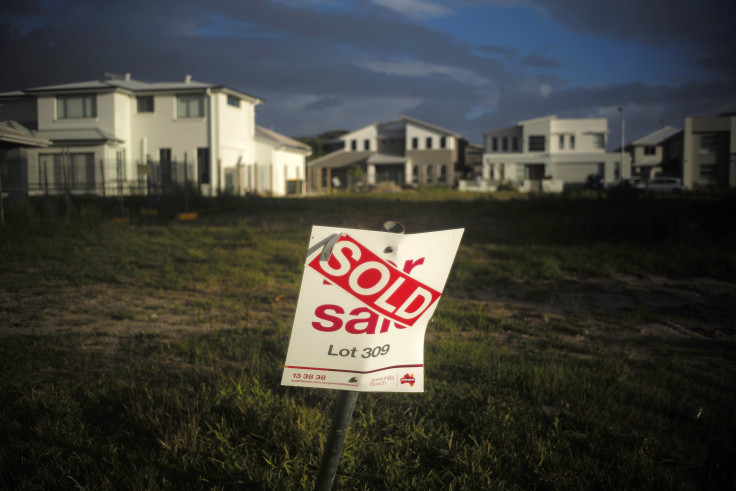Australian Mortgage Market Tilting To Owner Occupiers: Norms Tightened For Investor Loans In Housing

Australian banks are shifting gears in the matter of loans to housing sector. A palpable shift in favour of owner occupiers is in cards and 2016 will see better deals for consumers, driven by hefty competition. According to Australia's largest mortgage broker AFG aggressive competition is in sight for the months as banks will be focusing more on the owner-occupier market with most of them quite liquid and looking for higher growth.
Managing director Brett McKeon said, "I think the owner-occupier end of the market's going to be quite fiercely contested over the next 12 months and that's probably where most of the focus will be. It's hard to see better terms than what you've got but I think it might be possible."
More Discounts
McKeon said mortgage holders are already enjoying from record low interest rates and the Reserve Bank of Australia has kept the cash rate on hold at two percent on July 7. He added that it would not be surprising if the banks undertook further discounting in terms of upfront rates, application fees and ongoing fees. But discounting has stopped in the investment loan area. "That's been very evident in the last quarter," he said.
Meanwhile, many banks are tightening norms for lending to housing investors, by making loans tougher and expensive. The pattern so far has been that loans to investors were dominating the over all lending in housing with the investor segment running at double the growth rate over owner occupiers.
At the same time, CommSec chief economist Craig James noted that Australia is not witnessing any unprecedented interest by investors in the housing market. He said, from 1991 to 2008, the annual growth of investor home loans has been consistently stronger than it is today and peaked 39 percent in 1991, four times the current rate. He reasoned the spurt in investing for property as the “degree of wariness about putting money in the share market after the global financial crisis."
Banks Warned
Meanwhile, Australia’s major banks tightened underwriting rules for property investors, fearing a housing bubble. The Australian Prudential Regulatory Authority has already warned that Sydney's housing bubble would upset the financial system. It seems the warning has been well heeded by Australia’s major banks such as Commonwealth Bank of Australia, Westpac Banking Corp, ANZ Banking Group and National Australia Bank. They all raised the minimum down payment to 20 percent of the purchase price, and changed the erstwhile easy requirement of a mere 5 percent as down payment.
The banks also clamped stricter mortgage approval criteria. As a result, banks are either not providing interest rate discounts to property investors or discouraging discounts altogether. The prices in Sydney's house market have risen 40 percent over the past three years. Treasury secretary John Fraser sounded out a warning in June that Sydney is "unequivocally" heading to housing bubble with interest rates continuing at historically low levels.
(For feedback/comments, contact the writer at k.kumar@ibtimes.com.au)





















